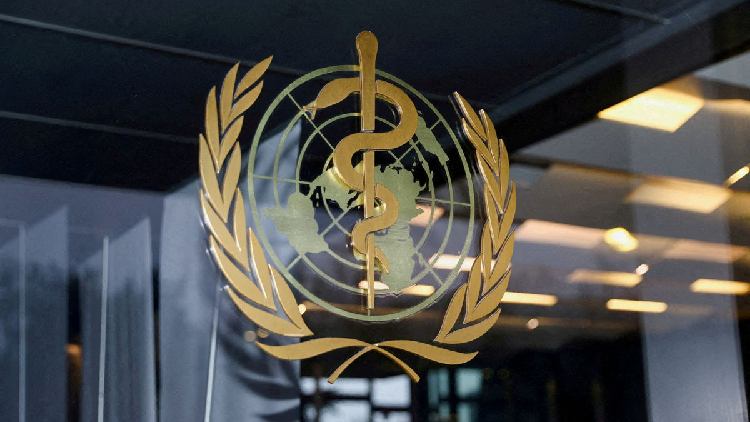WHO Applauds Initiative for Pandemic Fund in Ethiopia
The World Health Organization (WHO) applauded the inauguration of the Ethiopian Pandemic Multi-Sectoral Prevention, Preparedness, and Response Project (EPPR) on Wednesday.

The Ethiopian Pandemic Multi-Sectoral Prevention, Preparedness, and Response Project (EPPR) was praised by the World Health Organization (WHO) on Wednesday. The WHO highlighted the project as a significant step in bolstering the East African nation's resilience to potential pandemic threats.
The EPPR, an all-encompassing program spanning three years, is specifically tailored to handle the unique challenges posed by pandemic prevention, readiness, and response in Ethiopia's intricate environment.
A substantial grant of $50 million from the Pandemic Fund, coupled with an extra co-financing of $63 million, fuels this initiative. The EPPR functions as a collaborative effort engaging the Ethiopian government, distinct UN agencies, and an array of partners.
As per the WHO, the project's primary objective is to fortify surveillance systems, boost the national laboratory infrastructure, and ensure the provision of capable and proficient healthcare professionals. This is aimed to establish a durable and effective public health system for the prevention, detection, and response to pandemics.
Dlamini Nonhlanhla, the WHO Representative in Ethiopia, asserted that the crucial components and activities of this project align perfectly with the nation's strategies. Nonhlanhla added, "The inception of this initiative manifests a steadfast commitment from the Ethiopian government and our affiliate organizations in investing towards a comprehensive and long-lasting approach to pandemic prevention, preparedness, and response."
The WHO explained that this initiative is set to reinforce existing training, management, and emergency response teams within both the human and animal sectors on all levels.
The project is designed to boost capacity and accessibility of Ethiopia's laboratory systems, including an enhanced capability to detect priority pathogens. Moreover, it aims to improve surveillance of outbreaks at entry points, whilst refining the nation's alert system mechanism.
The WHO emphasizes that Ethiopia suffers from a high prevalence of communicable diseases like malaria, tuberculosis, HIV/AIDS, as well as non-communicable illnesses.
Mathilde Moreau












